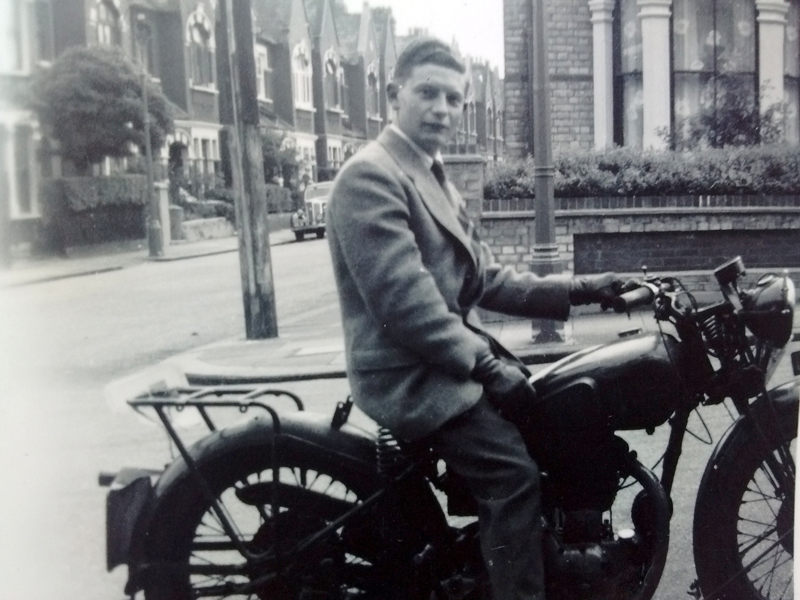


Phil was born in December 1931. His parents were successful strawberry growers in Warsash, in the part of Hampshire famous for fruit production.
From the age of five Phil attended Beaulieu School at Park Gate a mile or so from his home. My late wife, Yvonne, was a fellow pupil at Beaulieu and Phil was Best Man at our wedding.
It was in September 1943 that Phil and I found ourselves sitting next to each other as new boys in Form 2A at Price's School, Fareham and we quickly became good friends.
We followed similar paths through the School up to the 6th Form where we concentrated on Maths and Science. After Higher School Certificate (as it then was) we both passed the Civil Service exam and chose the same department (now the National Audit Office) for our careers.
Before starting professional training we were called up for national service and both chose the Royal Army Education Corps - one of the less violent ways of serving Queen and country. After a rapid teacher training course in Bodmin we were given the rank of sergeant and posted to Germany, in Phil’s case to be attached to a Light Infantry Regiment at Celle. School life for many young people of that generation had been severely disrupted by the war and in extreme cases they could not read or write. Most men (but not women) were conscripted for military service and the “Schoolies”, as we were known by real soldiers, had the job of providing a basic education to those who had missed out during the war.
On return to civilian life Phil initially worked in London on the audit of Inland Revenue and he and I shared lodgings in Balham for a couple of years. As time passed we were posted to different parts of the country but remained close friends. In 1955 when Phil was visiting an office in the Lake District he met Pat who was staying at the same hotel on holiday with her mother. This chance meeting led to a blossoming friendship and Phil arranged a posting to an office in Liverpool to be near Pat who lived in Bolton. They married in 1957 and made their first home in Formby. Phil’s next job was at the Atomic Energy Authority at Harwell and he and Pat moved to Newbury at the end of 1961.
On return to London and the audit of the Ministry of Agriculture in 1967, Pat and Phil bought their house in Kempshott where they settled and made good friends who are here today to celebrate Phil’s life. Five years on and he moved to the Home Office to audit the funds spent on running prisons. At the end of that posting he returned to Agriculture to audit the subsidies paid to farmers from European Union funds. His final posting took him back to Inland Revenue as the Audit Manager for tax assessments.
Apart from his audit work, Phil was Treasurer of the Civil Service Recreation Centre in London for about ten years. And after he retired he did consultancy work for the Audit Office on taxation – a subject on which he had become an acknowledged expert. Phil’s career was a fine example of the highest standards of public service.
When he was working in London Phil maintained his links with his old school as an active member of the London Society of Old Priceans. He and Pat continued to attend functions over the years until ill health made the journey to Fareham or London too difficult. Phillip Reynolds, current chairman of the OPs is here today.
As I said at the beginning, Phil and I became and remained very close friends, a friendship that lasted over 75 years. His passing brought a great sense of loss for me. For Pat the loss is so much greater and the thoughts of all of us here today are with her as we bid a loving farewell to Phil.